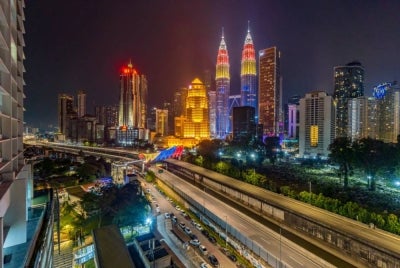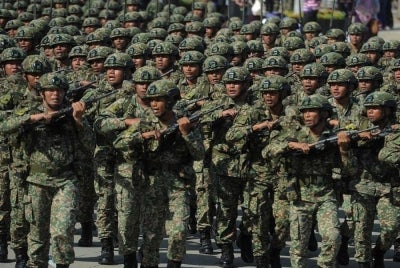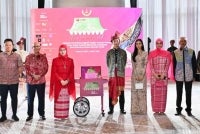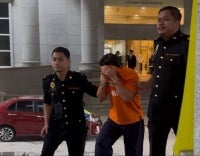Race against the times: Political leadership needs a brave change
While DAP is willing to pass the baton, parties like PKR, Umno and Pas cling to their old guard, fearing irrelevance as young voters—now a roaring force— demand new faces and innovative ideas.
MOHD AZMIR MOHD NIZAH AND AFI ROSHEZRY ABU BAKAR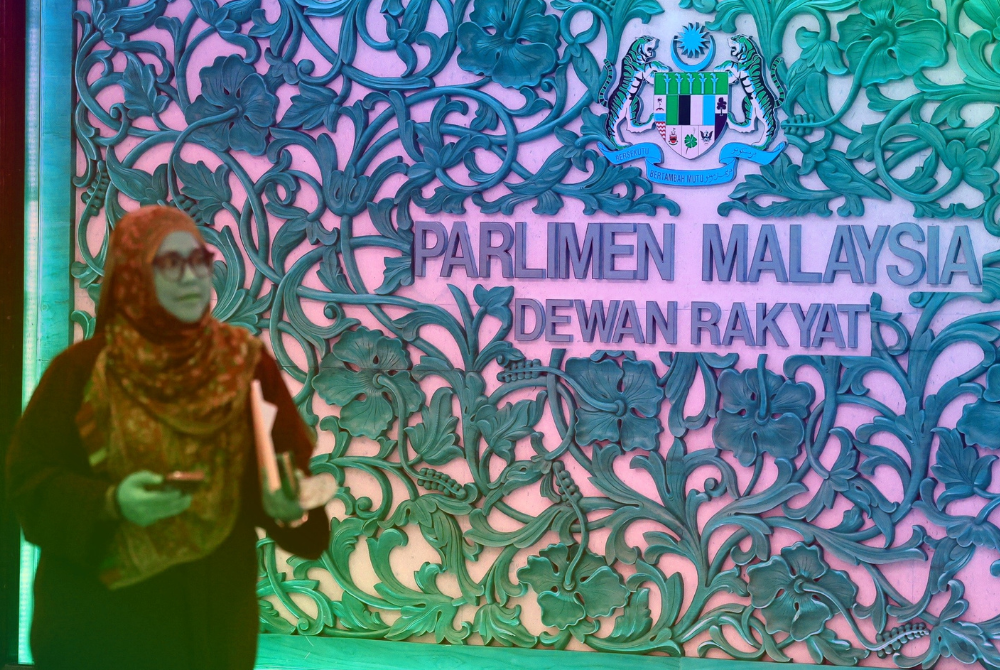
Malaysia's political system is stuck in a time warp, and the DAP leadership shake-up in 2025 highlights how sluggish the other parties have become.
While DAP is willing to pass the baton, parties like PKR, Umno and Pas cling to their old guard, fearing irrelevance as young voters—now a roaring force— demand new faces and innovative ideas.
This is not just about age but about a refusal to grow in a country headed for a youth-driven future.
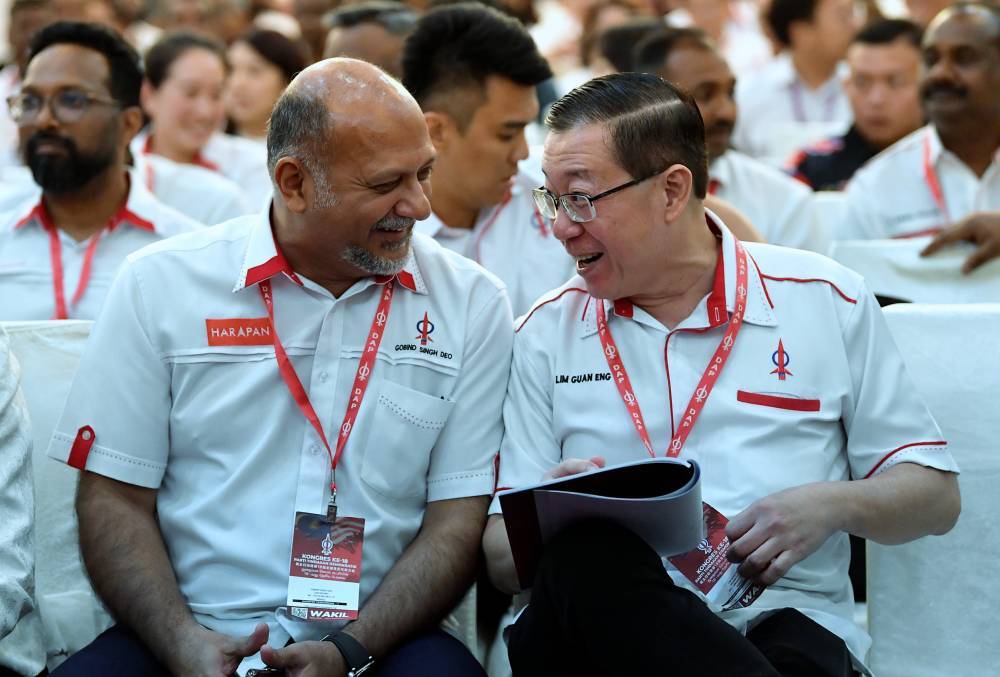
DAP's 2025 leadership change, which follows Anthony Loke's takeover of Lim Guan Eng in 2022, demonstrates the party's commitment to continually rejuvenating its ranks.
At 48, Loke has already shown that he is more than just a placeholder; his advocacy for digital transportation systems and nation-building rhetoric resonates with young people who are glued to their devices.
However, by 2025, there are hints of an even younger slate moving up in the March party polls, reflecting the DAP's intention to stay ahead of the trends.
When you compare that to PKR's Datuk Seri Anwar Ibrahim, who is 78 years old, or Pas's Tan Sri Abdul Hadi Awang, who is also 78, you can see that the party is aging and fossilising.
DAP's willingness to fire the old guard is not flawless, but it serves as a rebuke to those who believe leadership is a lifelong commitment.
Take PKR, which is set to hold a party election in mid-2025.
Anwar has been at the helm for a long time and despite his progressive words, he refuses to budge.
Rafizi Ramli won the deputy position in the 2022 election, but Anwar's hold on power appears stagnant.
Young voters, roughly 6 million after the voting age was reduced to 18 in 2019, are not interested in yesterday's heroes.
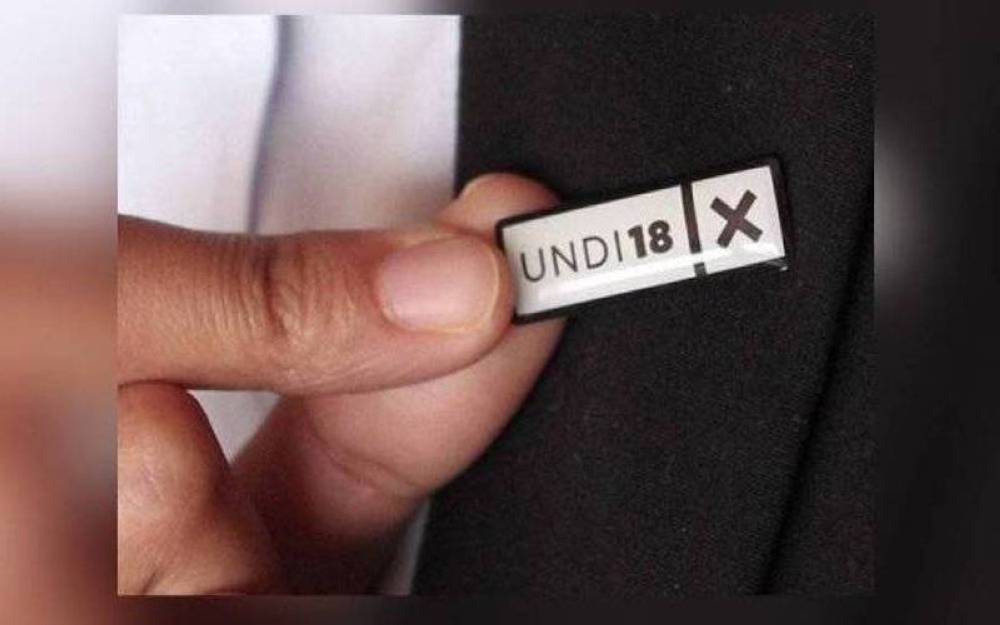
They are the ones who have packed the 2022 polls, with 1.4 million people aged 18 to 20, and they are not persuaded by nostalgia.
PKR's hesitation to replace Anwar with someone under 60 could prove costly when these young people, who now account for one-third of the electorate, vote for parties that reflect their energy and vitality.
Umno and Pas are considerably more serious violators. Umno's 2023 choice to keep Datuk Seri Ahmad Zahid Hamidi, 72, without a struggle was an exercise in cowardice—why rock the boat when you can sink slowly?
Meanwhile, Pas extended Hadi's tenure in 2023 as if it were a monarchy rather than a democracy.
Both face elections soon— Umno in late 2025, Pas in 2026—but there is little hint of a youth surge smashing through their elderly gates.
With half of the population under 30.5 years old, these parties rely on allegiance over reasoning.
Newsflash: Urban Malay youth, whom polls suggest are gravitating to equal rights and even a female prime minister, are not buying the old race-and-religion rhetoric.
The stakes are sky-high. Young voters are more than just numbers; they represent a mindset.
They are the ones who showed up in droves in 2022, increasing the electorate to 21 million and they are tired of corruption and hollow promises.
DAP understands this and focuses on measures that appeal to the under-40 demographic, accounting for more than half of all voters. PKR, Umno, or Pas?
They are continuing preaching to the choir as the pews empty. If PKR does not remove Anwar by 2025, and Umno and Pas continue to recycle relics, they will be left scrambling as DAP— and possibly others—take the youth vote.
Malaysia's future is not in the hands of the past; it is time for these parties to stop procrastinating and face the facts.
Mohd Azmir Mohd Nizah is a lecturer at the Universiti Sains Islam Malaysia and Afi Roshezry Abu Bakar is a lecturer at the Universiti Tunku Abdul Rahman. The opinions expressed in this article belong solely to the authors and do not necessarily represent the views of Sinar Daily.
Download Sinar Daily application.Click Here!

